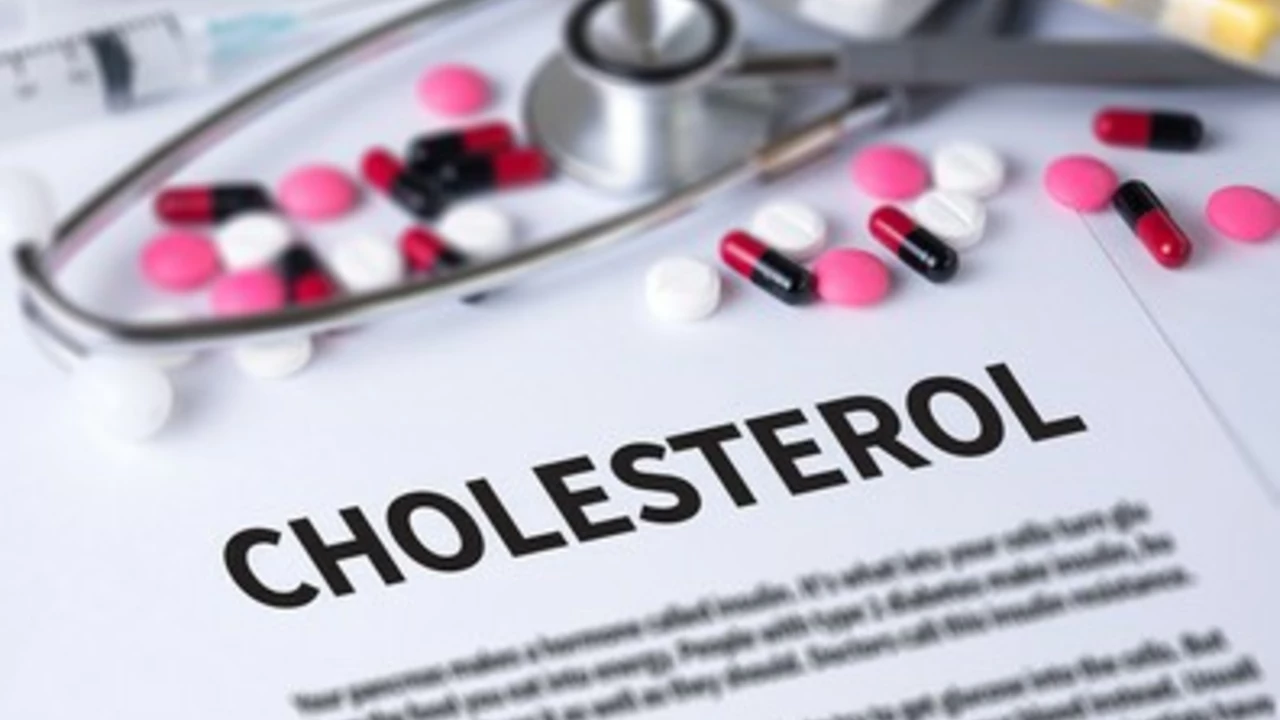Isosorbide Mononitrate — A Practical Guide for Angina Relief
If you’ve been prescribed isosorbide mononitrate, you probably want to know how it helps, how to take it, and what to watch for. This drug is a nitrate used to prevent chest pain (angina) by relaxing blood vessels and improving blood flow to the heart. It won’t stop a heart attack, but it can cut down how often you get angina and how severe it is.
How it works and how to take it
Isosorbide mononitrate releases nitric oxide in the body, which widens veins and arteries. That lowers the heart’s workload and the oxygen it needs. There are two common forms: immediate-release (taken several times a day) and extended-release (usually once a day). Typical immediate-release doses run from about 5–20 mg two to three times daily; extended-release tablets commonly range from 30–120 mg once daily. Follow your doctor’s instructions—don’t switch between forms or change timing without checking first.
Important tip: nitrates can lose effect if used continuously. Doctors often recommend a daily “nitrate-free” window (often 10–12 hours) to reduce tolerance. For example, many people take their extended-release dose in the morning and avoid additional nitrate exposure overnight. If you’re unsure about timing, ask your prescriber for a clear schedule.
Side effects, interactions, and safety tips
Common side effects include headaches, lightheadedness, flushing, and low blood pressure. Headaches are a frequent sign the drug is working—over-the-counter pain relief can help, but check with your doctor first. Stand up slowly to avoid dizziness and avoid driving until you know how the medicine affects you.
Major interactions matter: do not use isosorbide mononitrate with PDE5 inhibitors (sildenafil, tadalafil, vardenafil). Combining them can cause a dangerous drop in blood pressure. Also be careful with other blood pressure medicines, some antidepressants, and alcohol—these can increase dizziness or fainting risk. Tell your doctor about all prescriptions, OTC drugs, and supplements you take.
Who shouldn’t take it? If your blood pressure is very low, if you’re in shock, or if you have severe anemia or increased intracranial pressure, your doctor may avoid nitrates. Also mention pregnancy and breastfeeding—your provider will weigh risks and benefits before prescribing.
When chest pain suddenly starts, nitrates can help open vessels, but if pain lasts more than a few minutes or doesn’t improve with your usual treatment, get emergency help. Also call your doctor for severe side effects like fainting, fast heartbeat, severe dizziness, or signs of very low blood pressure.
Storage and simple habits: store tablets at room temperature in a dry place away from light. Don’t crush extended-release pills. Keep a list of your medicines and symptoms to share at appointments. Small changes—standing slowly, avoiding alcohol, and following a nitrate-free interval—often make treatment safer and more effective.
Have questions about your dose or side effects? Your pharmacist and doctor are the best place to get quick, specific advice for your situation.

Long-term effects of isosorbide mononitrate use
In my research about the long-term effects of isosorbide mononitrate use, I've found that it's generally well-tolerated by patients. However, prolonged use can lead to side effects like headaches, dizziness, and low blood pressure. It can also cause a phenomenon known as tolerance, where the body becomes less responsive to the drug over time. Luckily, this can be managed by having a drug-free period each day. It's essential to have regular check-ups with your doctor while on this medication to monitor these possible effects.
Health and MedicineLatest Posts
Tags
- online pharmacy
- medication safety
- generic drugs
- medication
- dietary supplement
- side effects
- online pharmacy UK
- drug interactions
- mental health
- impact
- online pharmacies
- statin side effects
- dosage
- adverse drug reactions
- generic vs brand
- pediatric antibiotics
- antibiotic side effects
- FDA drug safety
- skin health
- health




